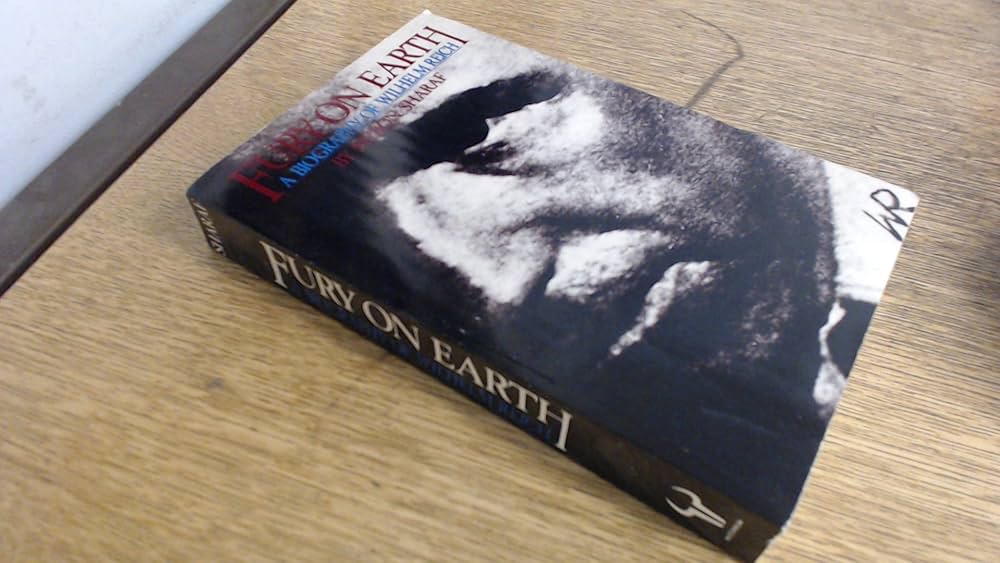Book Summary: “Pep Guardiola: Another Way of Winning”
Author: Guillem Balagué
Genre: Sports Biography
Pages: Around 400
Language: English
Main Focus: The philosophy, passion, and leadership of Pep Guardiola – one of the greatest football managers in modern history.
Introduction
“Pep Guardiola: Another Way of Winning” by Guillem Balagué is not just a football book. It’s a story about vision, belief, and transformation. The book deeply explores how Pep Guardiola became one of the most influential figures in world football — not by following old rules, but by creating another way of winning.
Balagué, a respected football journalist, takes readers through Guardiola’s journey — from his playing days at FC Barcelona to his golden managerial era at Barcelona, Bayern Munich, and Manchester City.
The book beautifully explains Pep’s footballing brain, his emotional side, and his obsession with perfection.
The Beginning: Pep as a Player
Before becoming a legendary manager, Pep Guardiola was a creative midfielder for FC Barcelona under the great Johan Cruyff. Cruyff’s “Dream Team” influenced him deeply.
Guardiola was not the fastest player, but his intelligence on the field stood out. He learned how to read the game like a chess master.
Cruyff taught him that football is not only about strength, but also about thinking. This became the foundation of Pep’s coaching career — football as an art of ideas.
The Birth of a Manager
After retiring as a player, Guardiola took a break from football but soon realized his passion for coaching.
In 2007, he became coach of Barcelona B, the reserve team. Within one year, his talent was clear — he focused on discipline, hard work, and tactical awareness.
In 2008, when Barcelona’s senior team was struggling, Pep was chosen as head coach — despite having little experience. Many doubted him, but Pep had a clear vision:
“We will win by playing beautiful football.”
The Barcelona Revolution (2008–2012)
Pep’s era at Barcelona is one of the most remarkable chapters in football history.
He built a team that didn’t just win trophies — it changed how football was played.
His philosophy was based on:
-
Possession Football (Tiki-Taka): Keep the ball, control the game.
-
Pressing: Win the ball back immediately after losing it.
-
Teamwork: Every player had a role, and no one was bigger than the team.
-
Youth Power: He trusted young players like Lionel Messi, Busquets, and Pedro.
Under Pep, Barcelona won everything — La Liga, Copa del Rey, UEFA Champions League, FIFA Club World Cup, and more.
The 2011 Champions League final against Manchester United at Wembley is often called the perfect performance in football history.
Pep’s Philosophy: Football as Intelligence
Balagué shows how Pep is more than a manager — he is a thinker.
He spends endless hours watching matches, analyzing players, and finding new tactics. For him, football is like solving a puzzle every day.
He believes that winning is not everything — how you win matters more.
Guardiola’s teams are built on:
-
Positional Play: Players move like parts of a machine, always knowing where to be.
-
Creativity within Structure: Players can express themselves, but inside a clear system.
-
Emotional Connection: Pep wants players to feel the game, not just play it.
He once said, “My job is to convince my players that together, we can play better than any single star.”
The Move to Bayern Munich (2013–2016)
After leaving Barcelona, Pep took a one-year break, then joined Bayern Munich in Germany.
It was a big challenge — a new country, language, and football culture.
At Bayern, he continued to dominate domestic football. He improved players like Lahm, Müller, and Thiago, turning them into tactical masters.
Though he couldn’t win the Champions League with Bayern, his influence on German football was massive.
He brought intelligence, flexibility, and new training ideas to the Bundesliga.
Manchester City: The English Masterclass (2016–Present)
When Pep joined Manchester City, many doubted if his style would work in the Premier League — a league known for speed and physical play.
But Pep adapted. He mixed his Barcelona style with English aggression.
Within a few seasons, he built one of the most dominant teams in English football history.
Under Guardiola:
-
Manchester City broke several Premier League records.
-
Players like De Bruyne, Bernardo Silva, and Haaland flourished.
-
In 2023, Pep finally achieved the historic treble (Premier League, FA Cup, Champions League).
Balagué highlights how Pep continues to evolve — always learning, always improving.
The Human Side of Pep Guardiola
What makes this book special is how it shows Pep’s human emotions.
He is passionate, sensitive, and sometimes even insecure. He hates losing, but he also hates injustice.
He values loyalty, discipline, and respect.
Pep’s relationship with players is deep — he treats them like family but expects full dedication.
Balagué writes that Guardiola’s biggest strength is not tactics, but his ability to inspire people. He builds trust and belief — qualities every leader should have.
Key Lessons from “Another Way of Winning”
-
Innovation is Power: Never copy others — find your own way.
-
Leadership through Emotion: Inspire, don’t just instruct.
-
Focus on Process, Not Only Results: True success is about growth.
-
Discipline + Creativity = Excellence.
-
Learning Never Stops: Even the best must keep evolving.
Conclusion
“Pep Guardiola: Another Way of Winning” is a journey through the mind of a genius.
It’s not only for football lovers — it’s for anyone who wants to understand leadership, teamwork, and passion.
Guillem Balagué’s writing feels emotional and real. You see Guardiola not as a superhero, but as a hardworking man who believes in his vision.
The book teaches us that winning differently — with honesty, creativity, and respect — is the true victory.
Final Thoughts
This biography is a masterclass in leadership, innovation, and emotional intelligence.
Pep Guardiola proves that football — and life — can be beautiful when played with heart and mind together.
If you love stories of hard work, intelligence, and success, this book is worth every page.











